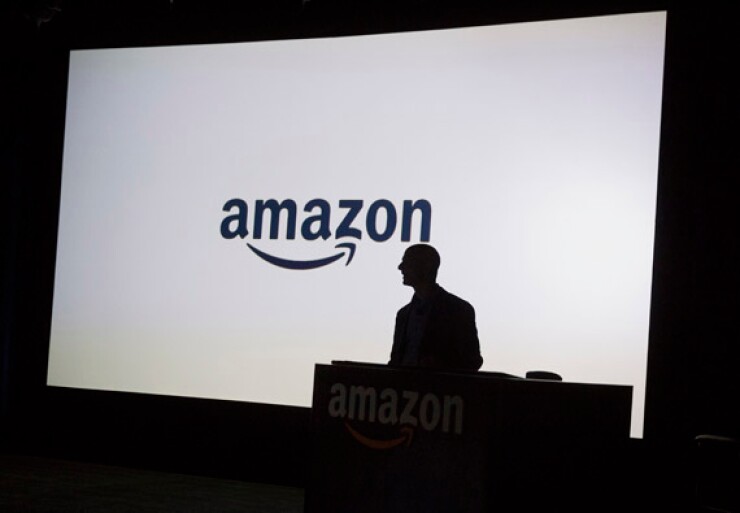The insurance industry was ready for Amazon to make an insurance distribution channel available to its customers: Liberty Mutual, Safeco, Farmers, Allstate, Nationwide and Grange Insurance are among the insurers leveraging the retail giant's Alexa voice assistant. Few believe this move will obviate the need for independent agents, and it remains to be seen whether the popular virtual assistant will be able to process FNOLs or policy changes, but Alexa’s ability to intuit responses can’t be ignored.
The clear leader in e-commerce, Amazon ventured into selling direct in a limited fashion in the United States, the UK, France, Germany, Italy and Spain last year with its “Amazon Protect” product, which provides extensions to manufacturers’ warranties, insuring against accidental damage, breakdown and theft for items such as electronics (mobile phones, washing machines, etc.) bought on Amazon’s website. This move didn’t cause much of a stir because the bulk of manufacturers and distributors already underwrite shipments.
But a recent Reuters report in the UK notes that Amazon placed job advertisements on LinkedIn and “Where Women Work” for its EU product insurance division, which describe “launching a new business” and “creating a new palette of services,” causing industry watchers to speculate whether Amazon has a broader strategy in mind.

What’s interesting is how larger insurers may end up responding; namely by adopting the “if you can’t beat ‘em, join ‘em” philosophy and offering to partner with the retail giant to be the underwriter of choice. By treating Amazon like any other insurtech firm (ready to leverage opportunity from an industry rip for innovation and disruption), larger insurers will be betting on a solid return. The reality, however, is that, although most insurers have a running start at digital transformation--a must for today’s growing competitive market--most insurers do not have the capacity to partner with the likes of an Amazon. But all insurers (from direct to aggregators) can learn from Amazon’s success.
The most obvious learning is tied to what the customer wants—and with the right technology, insurers can learn a lot. Thanks to its hyper-analytics platform, Amazon continues to blaze a trail with an inherent understanding and fulfillment of customer preferences (on-demand simplicity in both purchase and services, personalization, product details and comparisons including suggestions for similar products and add-on products--insurance fits nicely here--clearly stated benefits/advantages and even peer reviews).
This leads to another consideration: Rethinking how an insurer presents its company and its products. According to Steve Yi, co-founder and CEO of MediaAlpha, which connects buyers and sellers of online advertising, online conversion rates for the insurance industry generally fall in the 5% to 15% range, which means that most visitors to an insurer’s website end up buying insurance elsewhere. Amazon built its success on creating an open market, enabling customers to compare shop and even allowing its competitors to advertise on its site, which creates revenue for the giant in either case. Unless you are an insurance aggregator, that strategy may sound a bit wild, but what if your prospect/customer found everything it needed to make an informed decision on your site, reinforcing brand recognition, trust and loyalty?
The fact that Google tried a similar approach and ultimately pulled out of the personal lines auto market this past year won’t impact Amazon’s decision. And whether Amazon decides to offer traditional insurance products remains to be seen (Reuters reports that an Amazon UK spokesman declined to comment, and the Warranty Group, which underwrites Amazon Protect policies, did not respond). If they do enter the market, they will be courted by more Tier 1 insurance partners than they can imagine, and may fall into the ranks of one of the largest insurtechs in history.





